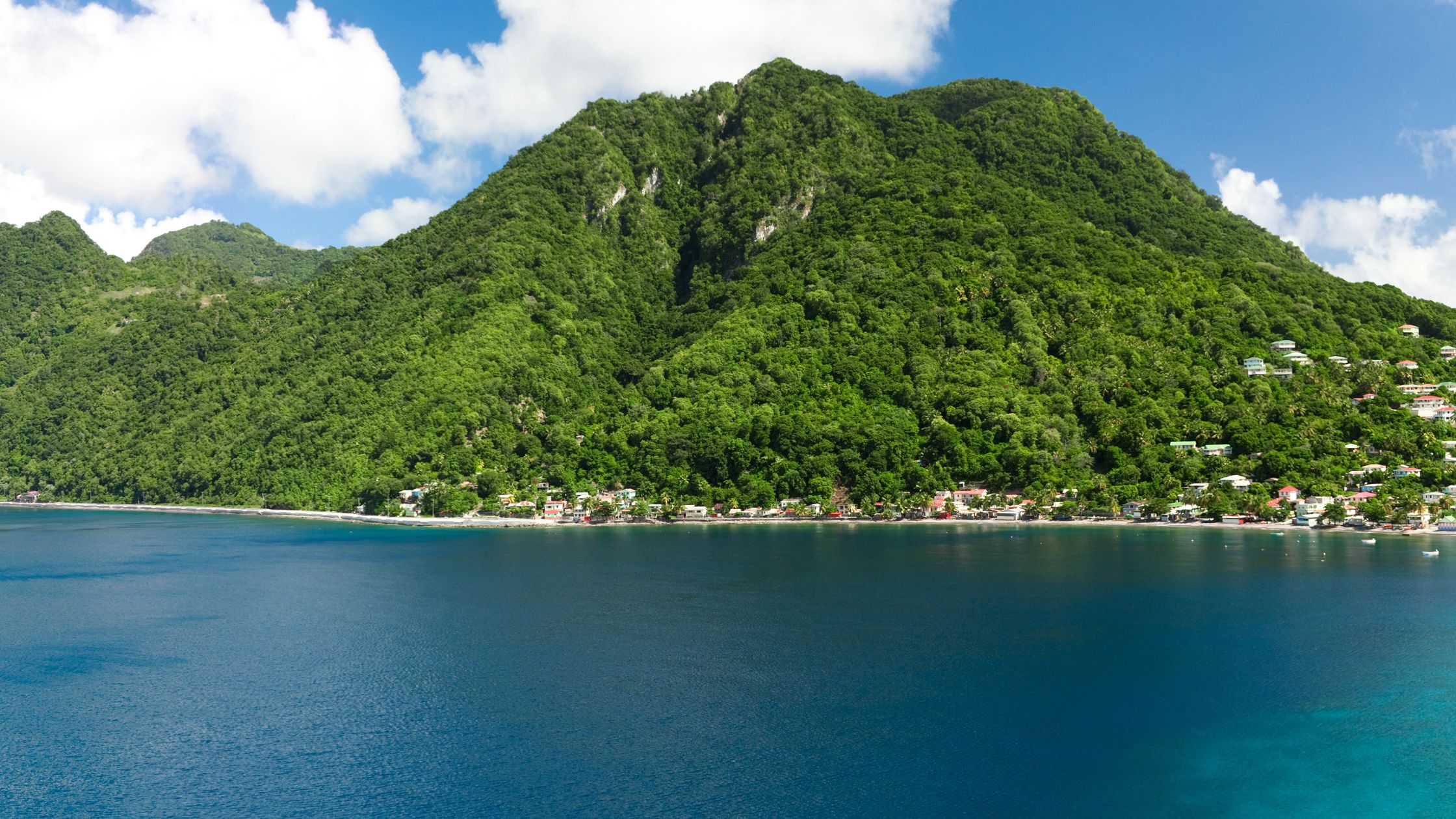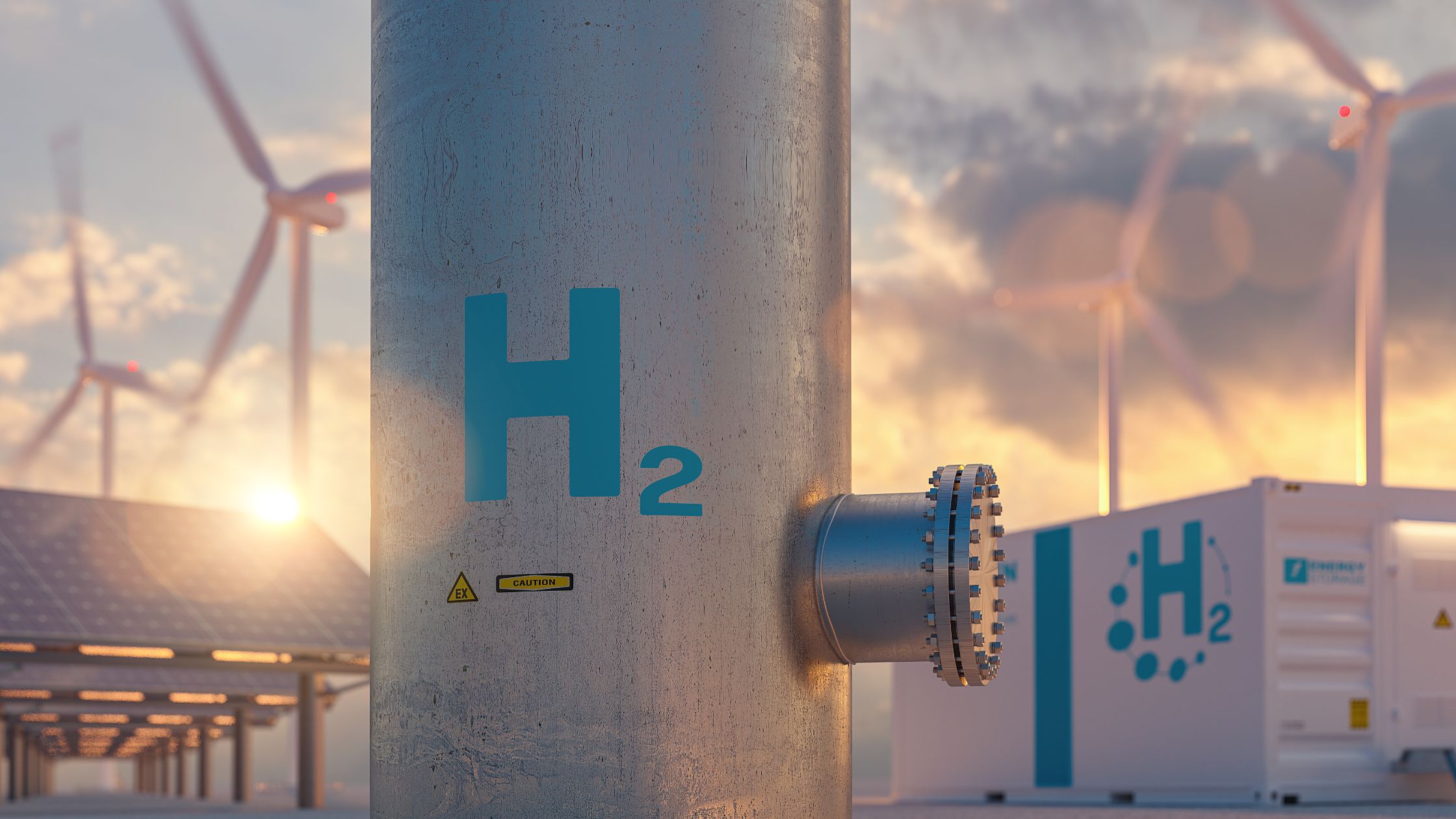
26 Sep From Crisis to Climate-Smart: The Caribbean as a Global Leader
Out of the destruction of Hurricanes Irma and Maria in 2017 emerged a Caribbean resolve to become more resilient in the face of climate hazards and to adapt regional economies to grow as a result of that resilience.
A new alliance of 28 countries called the Caribbean Climate-Smart Accelerator (CCSA) was formed to champion the goal of its members to make the Caribbean the first climate-smart zone in the world.
Now, four years after its 2018 launch CCSA is identifying projects across its member countries with the potential to take the region from 17% to 90% renewable energy, protect 30% of the water and 30% of the land and create green jobs. It is also recording milestones reached towards these targets by developing a climate-smart map.
Caribbean Single Energy Market Idea Sparked
Working with the Caribbean Country Department of the IDB at the height of the COVID-19 pandemic in 2020, CCSA helped to develop the Pivot Movement attracting moonshot thinkers to gather big ideas for the region’s transformation.
Ideas presented at the Pivot Event regarding electric vehicle transportation powered by green hydrogen sparked one of the CCSA’s most ambitious proposals to date; a Caribbean Single Energy Market. About the impact of Pivot, CEO of the CCSA Racquel Moses says,
“Pivot was a bit of a tipping point for us… this consideration of creating a single market for green hydrogen; I don’t know that we would have been bold enough to pursue it if we hadn’t been a part of [Pivot].”
The Caribbean Single Energy Market is conceived as one where renewable energy sources from across the region are used to power the production of green hydrogen to partially replace fossil fuels in everything from transportation to heating to manufacturing. Beyond that it would be produced for export to other countries.
Two main players would be involved to achieve the kind of scale required; Dominica and Trinidad & Tobago. Dominica would provide geothermal energy from a 7MW plant projected to be operational by 2024, to Trinidad which already produces grey hydrogen (produced from non-renewable sources like natural gas). Other islands through their varying capacities for solar, wind and hydro energy could eventually sell into and buy from this main grid.

Why Green Hydrogen?
Green hydrogen is described in a World Economic Forum article as “hydrogen produced by splitting water into hydrogen and oxygen using renewable electricity.” It has become increasingly important because of its capacity to store energy from other sources and to be a carbon-free energy carrier. As this extract on hydrogen energy storage by Paul Breeze outlines,
“Hydrogen energy storage is another form of chemical energy storage in which electrical power is converted into hydrogen. This energy can then be released again by using the gas as fuel in a combustion engine or a fuel cell…Hydrogen energy storage is of interest because the gas forms the basis for the hydrogen economy in which it replaces fossil fuel in many combustion applications.”
Racquel explains why green hydrogen is important for the Caribbean from the CCSA’s perspective,
“… the demand for hydrogen tripled since the 70s as the price comes down and production at scale increases. Green hydrogen is nearing a tipping point in terms of its ability to serve as a primary fuel. It is projected to grow by 6000% by 2031. The internet was growing at less than half that rate when Jeff Bezos decided that he should start Amazon because the growth rate was too good to be true. We have but one choice to lead or to follow, I choose leading.”
She says that a working group is in place to see how this single energy market can be made a reality.
Project matchmaking
While the Caribbean Single Energy Market is a massive undertaking, CCSA is not planning to slow down its work in other areas. It has several other projects in its portfolio to move to fruition. In fact one of its main activities is to identify public and private sector projects to align with investors through its project matchmaking programme, which includes a series of investor forums each year.
It is also embarking on education programmes to help the innovators and entrepreneurs in the region understand how to become investment ready and to identify other partners who can help them along that path.
The goal is to ensure that no crisis is wasted, that innovation is found and actioned and the Caribbean truly becomes not only climate-smart but a global leader in climate smart solutions.

